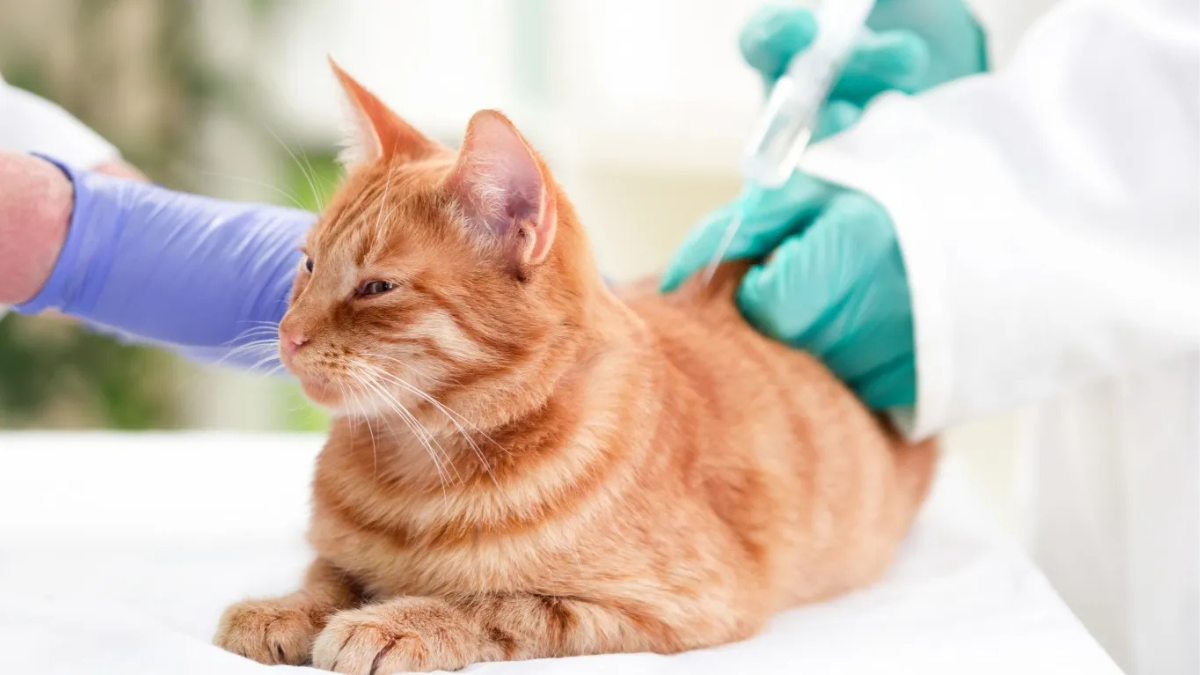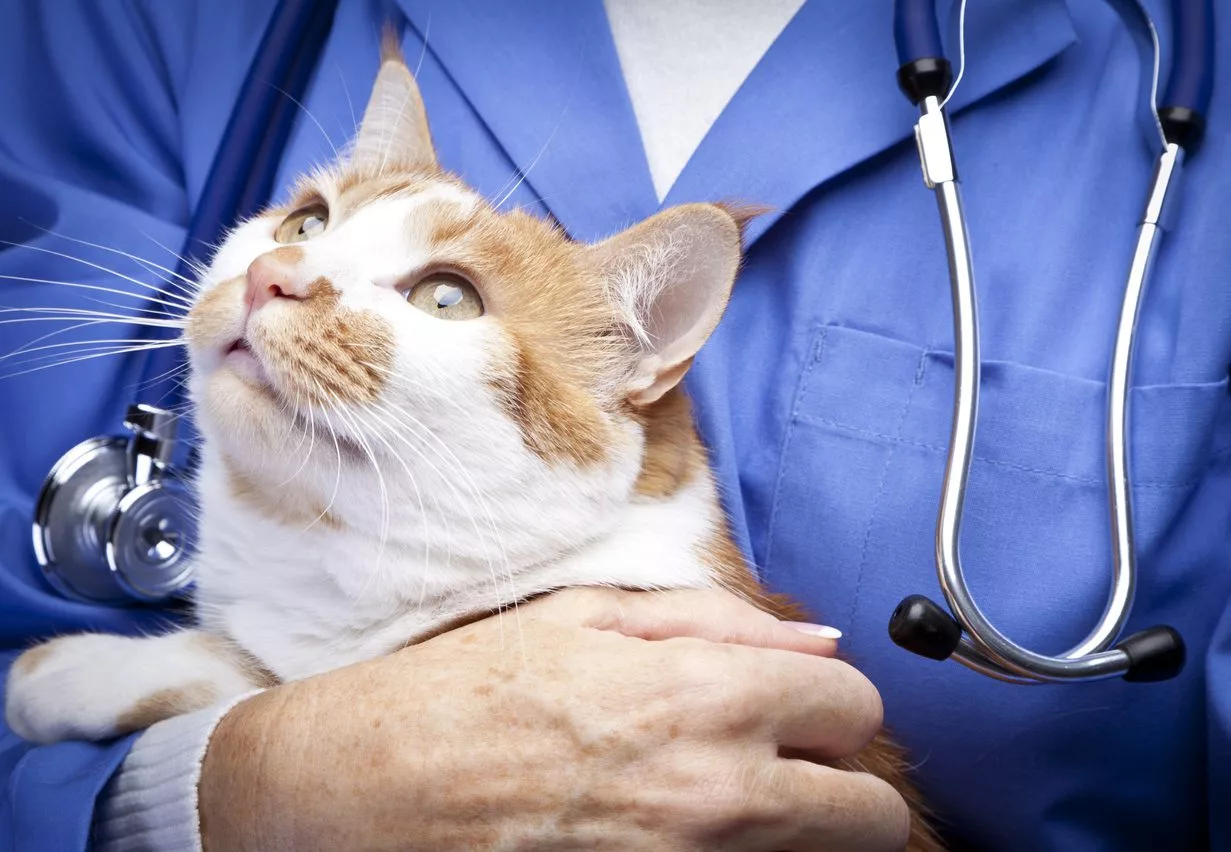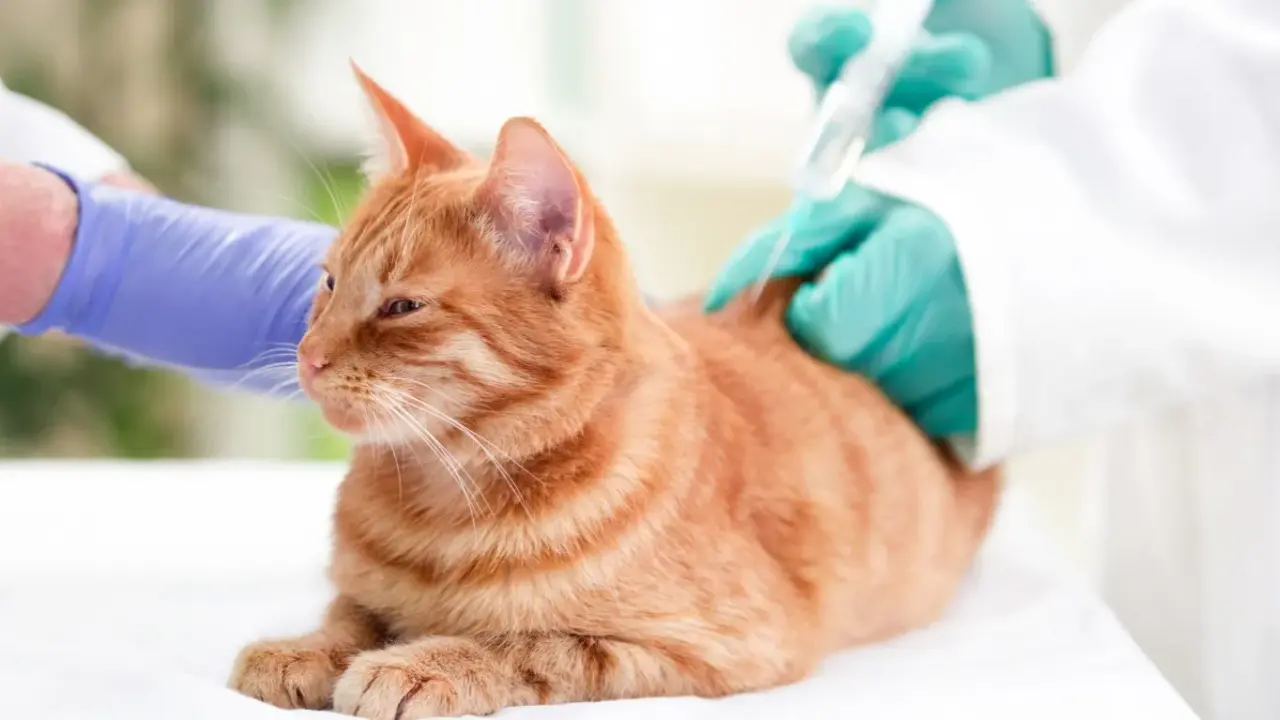📖 Table of Content:
Cats, with their independent personalities and self-sufficient behaviors, often give the impression that they’re low-maintenance pets. But just like humans, they need regular care to ensure they remain healthy and happy. While your cat may not actively beg for visits to the vet, regular check-ups are crucial to maintaining their well-being. These visits can prevent common health issues, detect serious conditions early, and ensure your furry companion enjoys a long, comfortable life. But how often should a cat see a vet, and why is it so important? Let’s dive into the reasons why regular veterinary check-ups are a must for every cat owner.
Early Detection of Health Problems
Cats are notorious for hiding their pain and illness. It’s part of their survival instinct, and it means that by the time you notice something is wrong, the problem may already be well advanced. Regular vet visits provide a safety net for your cat, as veterinarians can spot early signs of disease that might go unnoticed at home. Whether it’s dental disease, kidney issues, or early stages of arthritis, a vet’s trained eye can identify subtle symptoms that could otherwise be missed.
For instance, many cats develop kidney disease as they age, and early treatment can slow the progression significantly. Similarly, dental issues such as gum disease or tooth decay can lead to more serious infections if left untreated. Regular check-ups allow for these potential problems to be managed before they cause significant harm to your cat’s overall health.
Preventative Care
Prevention is always better than cure. Regular vet visits ensure your cat is up to date on vaccinations and preventative treatments, such as flea, tick, and worm prevention. These routine health measures are critical in protecting your cat from common illnesses, infections, and parasites that can be contracted indoors or outdoors.
Cats are prone to certain diseases like feline leukemia virus (FeLV), feline immunodeficiency virus (FIV), and upper respiratory infections. A vet will not only vaccinate your cat against these illnesses but also offer advice on other preventive measures, such as microchipping and spaying or neutering. Keeping your cat up to date on these aspects can prevent future health complications and reduce the spread of infectious diseases.
Monitoring Chronic Conditions
For cats that already have chronic conditions like diabetes, hyperthyroidism, or obesity, regular veterinary visits are even more crucial. A vet will help manage these conditions, adjusting medications and diet as necessary. These visits also help track your cat’s progress and make sure they’re not developing any additional health problems as a result of their chronic condition.
For example, if your cat has diabetes, regular blood tests and glucose monitoring are essential for adjusting insulin doses and maintaining their overall health. If your cat is overweight, your vet can suggest a proper diet plan and exercise routine to help them shed excess pounds, thus reducing the risk of heart disease and joint problems.
Geriatric Cats Require Special Attention
As cats age, they require more frequent check-ups to ensure they remain in good health. Senior cats (typically those over the age of 7) can develop a wide range of health issues, including arthritis, cognitive dysfunction (similar to dementia in humans), and heart disease. Regular vet visits allow for early intervention and more frequent monitoring of age-related conditions.
A geriatric cat may also experience a decline in vision or hearing, and while these issues might not be immediately life-threatening, they can impact your cat’s quality of life. Having a vet evaluate these changes can help improve your cat’s comfort and assist in adapting their living environment to meet their new needs.
Keeping Your Cat’s Weight in Check
Obesity is a significant health concern for cats, and it’s something that tends to creep up slowly, especially in indoor cats. The problem with obesity is that it can lead to a whole host of issues, from diabetes and arthritis to heart disease and urinary tract problems. Regular vet check-ups allow for weight monitoring, so if your cat starts packing on the pounds, your vet can help with dietary recommendations and lifestyle changes to keep them at a healthy weight.
It’s important to note that just because a cat seems content lounging around or eating doesn’t mean they are in good health. Cats that are overweight may also be more prone to joint pain and a reduced ability to play or jump, which affects their overall quality of life.
Building a Bond of Trust
Regular vet visits not only provide medical care but also help establish a relationship of trust between your cat and the veterinarian. The more your cat visits the vet, the less stressful those visits will be. Regular exposure to the vet’s office allows your cat to become familiar with the surroundings, making them less anxious about the experience.
Moreover, a vet who knows your cat well can provide valuable advice on behavior, nutrition, and how to manage your cat’s health in the long run. Whether it’s adjusting their diet, providing tips for managing stress, or recommending supplements, a relationship with your vet is vital to keeping your cat at their healthiest.
How Often Should Cats See the Vet?
For adult cats, it’s generally recommended to visit the vet at least once a year for a full check-up. This is especially important if your cat is healthy and doesn’t have any known medical issues. However, for older cats or cats with chronic health conditions, semi-annual visits might be necessary to keep track of their health and adjust treatments accordingly.
Kittens should be seen by a vet at least three times during their first year for vaccinations, deworming, and general health checks. Afterward, annual check-ups should continue, ensuring that your cat remains healthy into their senior years.


